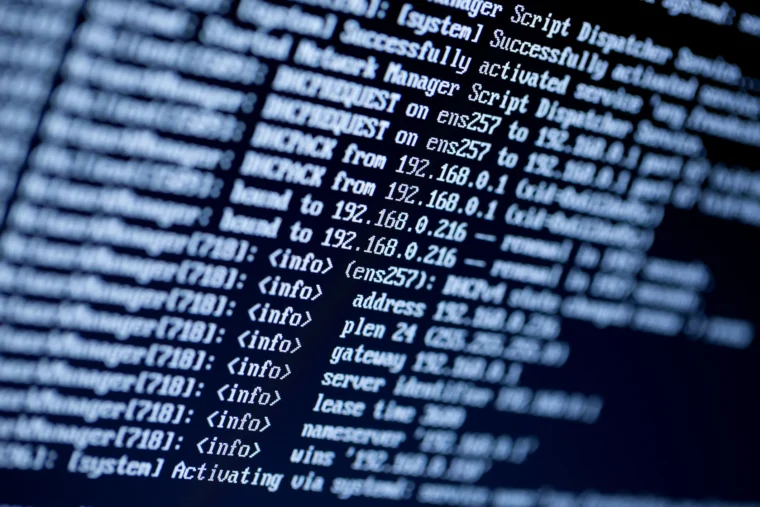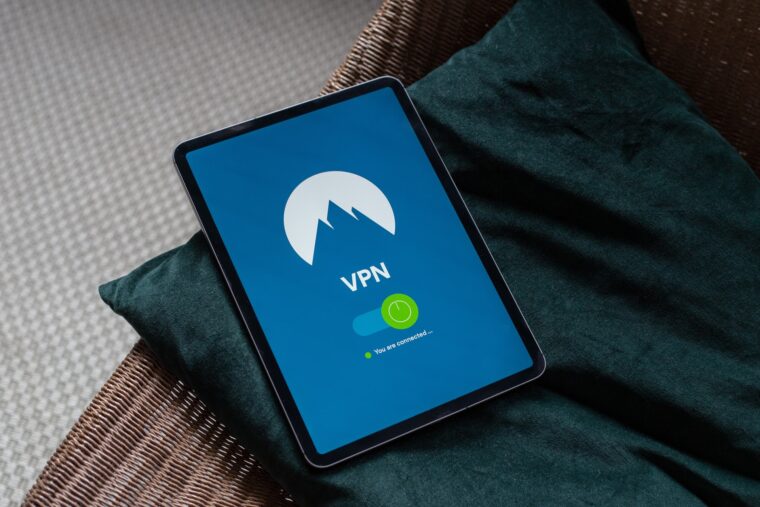IP addresses are part of every device we own that connects to the internet. Unfortunately, that leaves us open to a lot of mistakes and danger if we aren’t careful with what sites we visit.
Geolocation has been a hot topic since so many people started working from home, and although the mapping is hard to avoid, it’s vital that you do what you can to keep your information safe.
What Information Does an IP Address Contain?

The average IP address holds two key pieces of information that can narrow down where you’re using it depending on where you are. First, it names the city where the nearest server to you is. For most people, this is the city where they live.
Your IP address will also name the provider you get your internet. This is hazardous, allowing people to narrow down where you live to a neighborhood or side of town, depending on how many ISPs are in your area.
How does IP Address Geolocation Work?
IP address geolocation works by mapping the IP addresses of internet-connected devices to place their location in the world. This mapping can be more detailed depending on how many devices you use and if you use more than one service provider in your area.
Can I Hide My Geolocation?

If you don’t want anyone to know where you are or leave yourself open to getting Doxxed, it’s a good idea to hide your location from any IP address lookup. To do this, a VPN is a must.
VPNs disguise where you are and are even able to place you in different countries from where you’re based.
This will give you security from anyone who’s trying to get information out of you and will also give you the ability to access other countries’ Netflix, Hulu, Disney Plus, and more.
What Can Be Done With My Information?
Your information can be used against you for targeted advertising or could point out that you visited a site you don’t want people to know you visited. Regardless of why you want your information protected, it’s vital that you’re given a chance to defend it as much as possible.
Although a VPN can be expensive, some behavior changes can protect you for free.
How Can I Protect Myself?

It’s vital that you protect yourself. Unless you’re required to check in with work, it’s a good idea to stop and be careful about where your information shows up. Don’t click any unfamiliar links, don’t open emails from addresses you don’t recognize, and avoid websites that aren’t protected.
Even if you’re on a friend’s social media, they can add a ‘site counter’ that will show that you’ve visited and may even leak the state you’re visiting from.
It’s Getting Harder to Protect Your Information
Whether you’re nervous about your location getting out to people you don’t want to have it, or you’re simply curious about how this information could be used, it’s vital that everyone familiarize themselves with the data an IP address can hold. Be careful and
